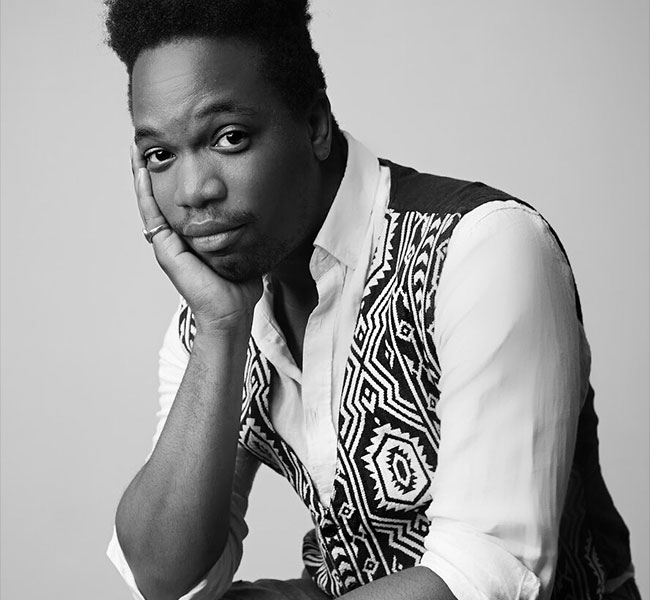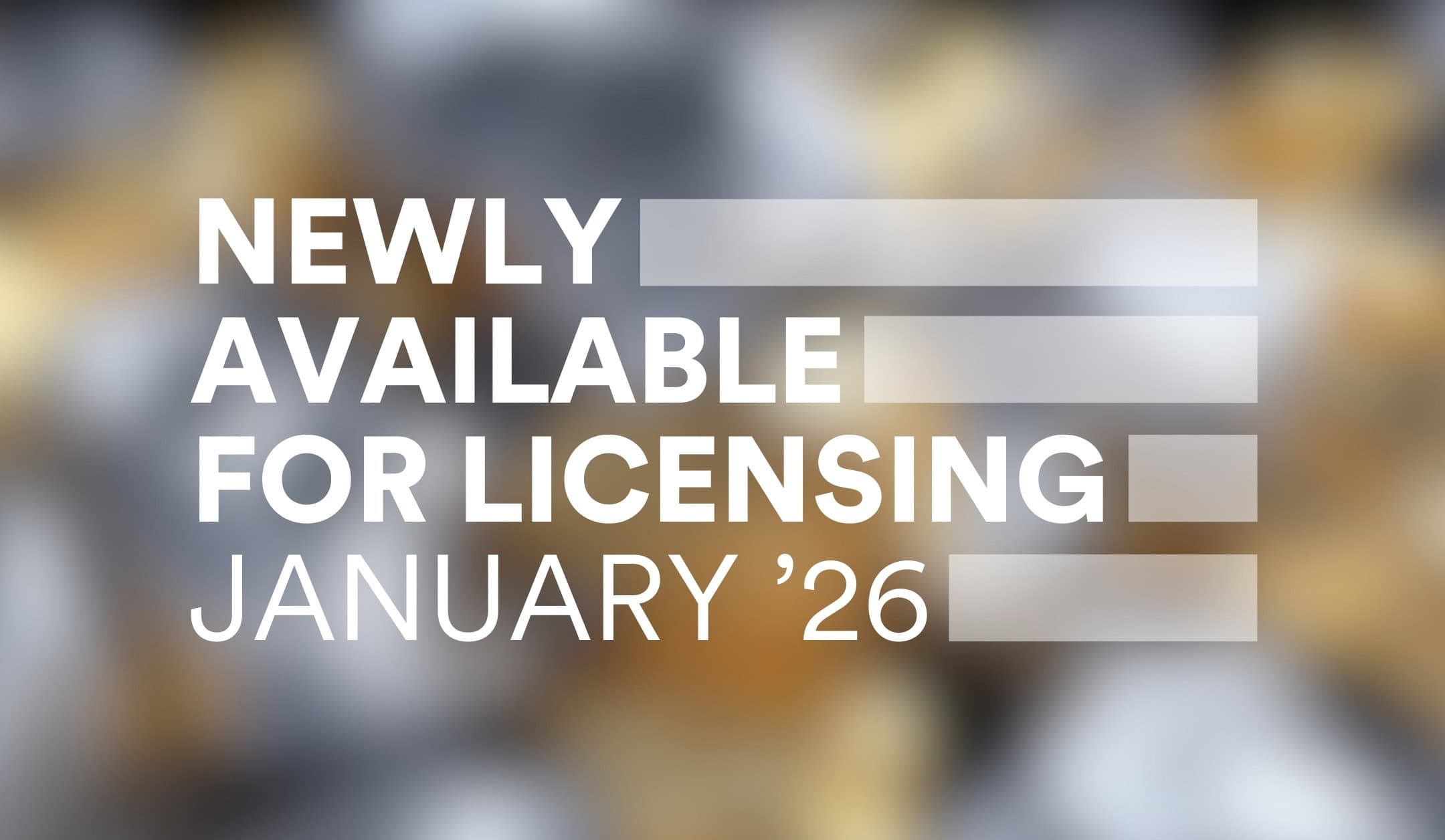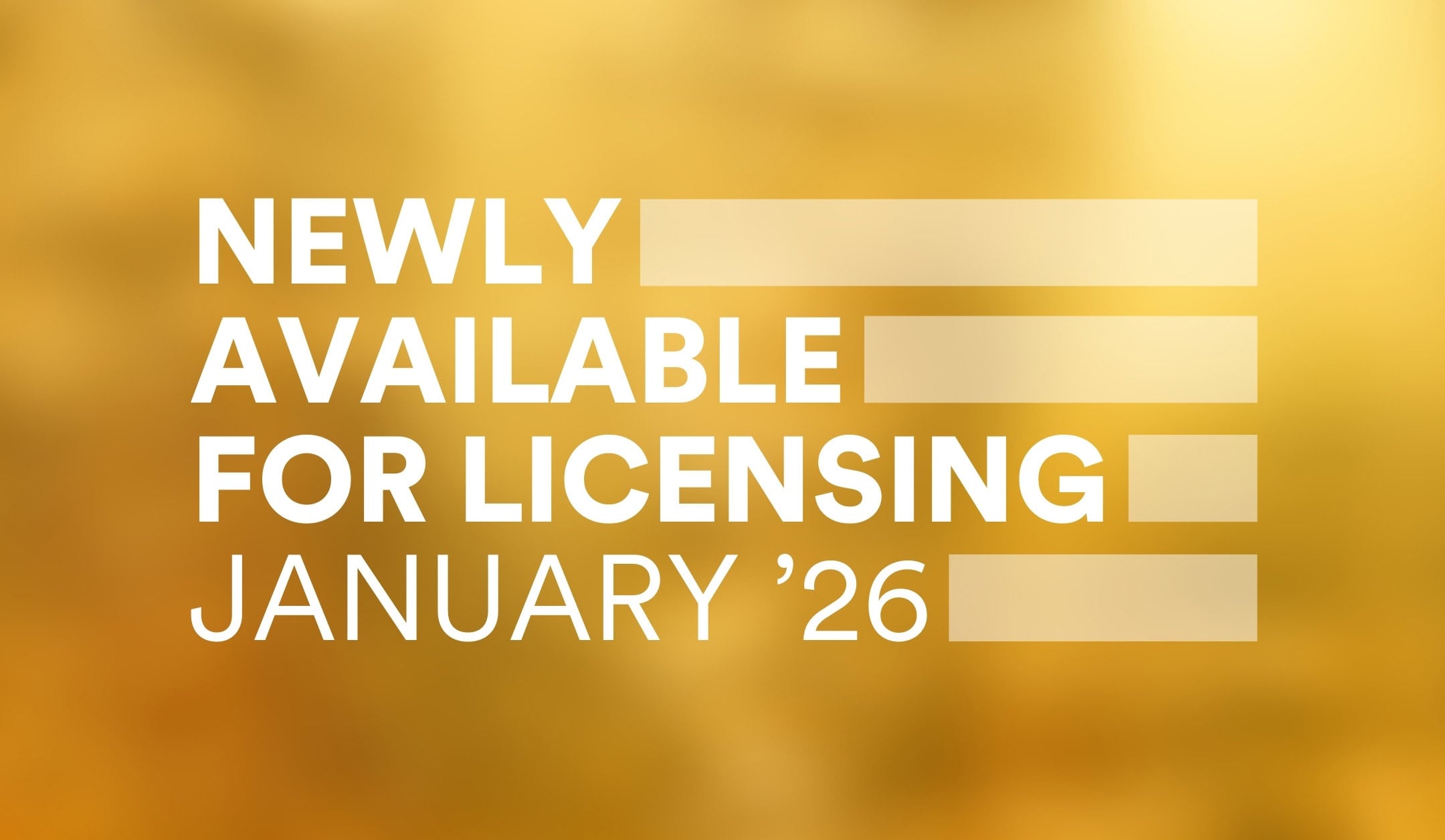
This is the latest in our Meet the Fellows series, where the Dramatists Guild Foundation will introduce you to the current class of DGF Fellows. Each of these writers and writing teams have proven themselves to be leaders of the craft whose work we expect to be enjoying for years to come.
Since its inception in 2000, the DGF Fellows program has provided a home for more than 160 writers. Over the course of this year-long intensive, composers, lyricists, playwrights and bookwriters work with professional mentors, honing their individual processes while developing a full-length piece. Beneficiaries of this rigorous and highly selective fellowship receive stipends, development opportunities, and a foothold in the industry. Alumni include Anna Ziegler (Actually), Rajiv Joseph (Bengal Tiger at the Baghdad Zoo), and Kristen Anderson-Lopez (Academy Award winner, Frozen) among dozens of other vital contemporary theatre makers.
Helmed by Michael Korie (Grey Gardens), Laurence O’Keefe (Legally Blonde), Sheri Wilner (Kingdom City) and Diana Son (Stop Kiss), the DGF Fellows program is singular in that it pairs playwrights and musical theater writers, creating a space for diverse and interdisciplinary creators.
It is our pleasure to help spread their unique and promising voices. Now, get to know Keelay Gipson
What was your first experience with theater?
I think it was the church. I grew up attending a lively and spirited evangelical church. Folks sang loudly, danced emphatically, spoke in tongues, etc. Our pastor was very charismatic and every Sunday was like a new, very well-rehearsed show! I think that was my first introduction to theater, or theater-as-ritual. I still think of the theater as a church, a temple; hallowed ground where people can gather and see themselves, the Times, society reflected back at them. A place to lay their burdens down for awhile and become whole.
When did you decide to become a writer? Is there a writer, show, or piece of writing that was particularly influential on your path?
I became a writer out of necessity, really. I had become home-less (I must make a distinction, because while I didn’t have a place to live, I always had a place to stay; sometimes, though, I didn’t) and would go to coffee shops to hang out and keep myself occupied while I waited for friends to get back to me about crashing on their couch, or while waiting for them to get out of work, etc. I started writing as a distraction from my misfortune. I channeled my anger, frustration and angst into my first play Nigger/Faggot. It’s a very funny play, albeit in your face. It sort of defines that time in my life. I submitted it to a festival here in New York, and to my surprise, it got accepted. I will always remember when the artistic director of the Festival called me to give me the news – He said he wanted to personally congratulate me on writing a fantastic play – It was the lift I needed in the middle of this weird and transitional period in my life. It felt like a sign from The Universe; keep going, it was saying. The rest, as they say, is history.
How do you describe your work overall? What sets your work apart?
My work is first, very personal. My feeling about an artist of any artistic discipline is if you’re not sacrificing anything, then why bother? I’m not a sharer of feelings often, verbally. But when I write, I feel most connected to who I am. My work is, above all, honest; even when it hurts. I’m not afraid to reveal the worst parts of my humanity along with the good parts and that, I think, resonates with people. My work is also very theatrical. Realism is overrated in the theater, and I combat any attempt at realism by writing characters that very much know they are in a play.
Can you tell us a little bit about the show you’ve been developing as a Fellow?
I’ve oscillated between two pieces during my time as a fellow. I originally brought in this piece that I had begun working on about a year and a half ago under Robert O’Hara’s guiding hand, during a workshop. And I fleshed out this intricate idea to update the classic play Mary Stuart and place it in a very bow, very queer context wherein an ex-drag queen, Stuart, was transported to the Elizabethan Era a la The Wizard of Oz to come to terms with his modern day issues. It’s proven to be a daunting task, and hopefully it’ll be done soon. Fingers crossed.
I also brought in a play called Imagine Sisyphus Happy, which I recently worked on with some students at Pace and Yale University, wherein a Writer sets out to write a play that’s good. A play that the American Theater (capital-A, capital-T) deems worthy. A play that actually gets done somewhere. Not work shopped. Done. It’s very meta and I guess it’s like my love/hate letter to the American Theater and all its trappings, in the form of a play. It’s a bit devilish and a nice in-joke for anyone who attends or loves the theater.
What do you find most rewarding about your work as a writer?
When something I’ve labored over resonates exactly how I had in my head that it might, and with an audience that is as diverse as our society, it means I’ve scratched something close to Universal. So, when someone has a visceral, primordial reaction to my work I feel in touch with that part of me that wants to live in-service to something larger than myself. I feel like an arbiter of community, or a pillar of it, anyway. And that’s why we come to the theater, to become an audience; to laugh or cry or disagree or feel together, in hopes of learning and potentially growing into a better and more singular entity. I think theater has the power to incite change in a real way, a way that other mediums can’t. It’s real people up there! Connection! That’s why I write; for that moment when someone comes up to me after a reading or a workshop and they feel seen or represented, for that building of a community out of lights, plywood and make-believe. Magic.

Newly Available for Licensing – January 2026 (UK)

Newly Available for Licensing – January 2026 (US)

